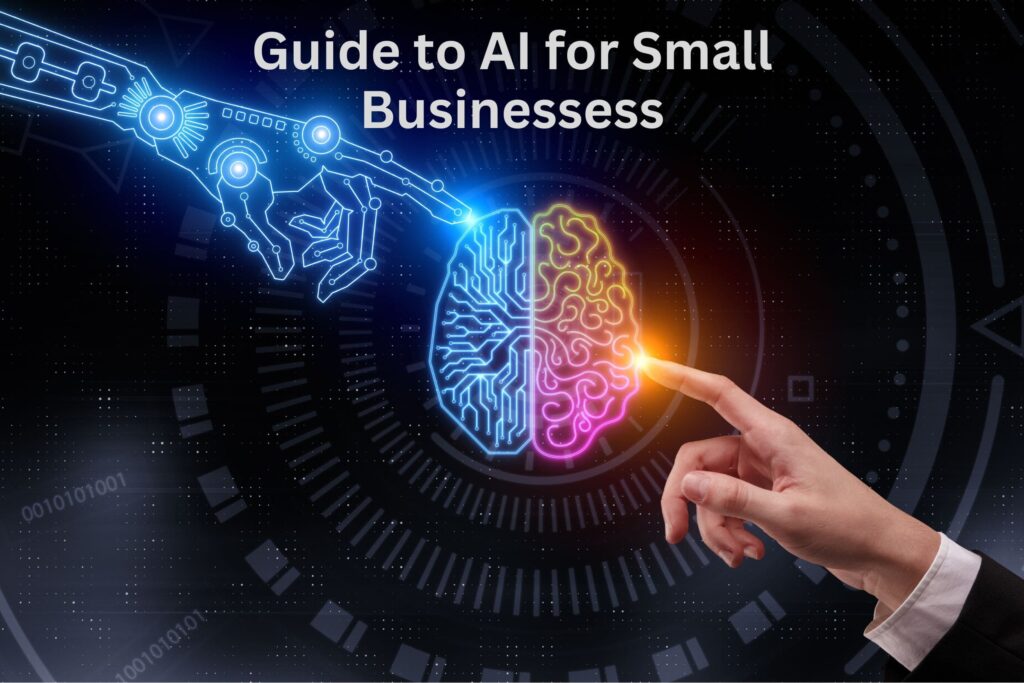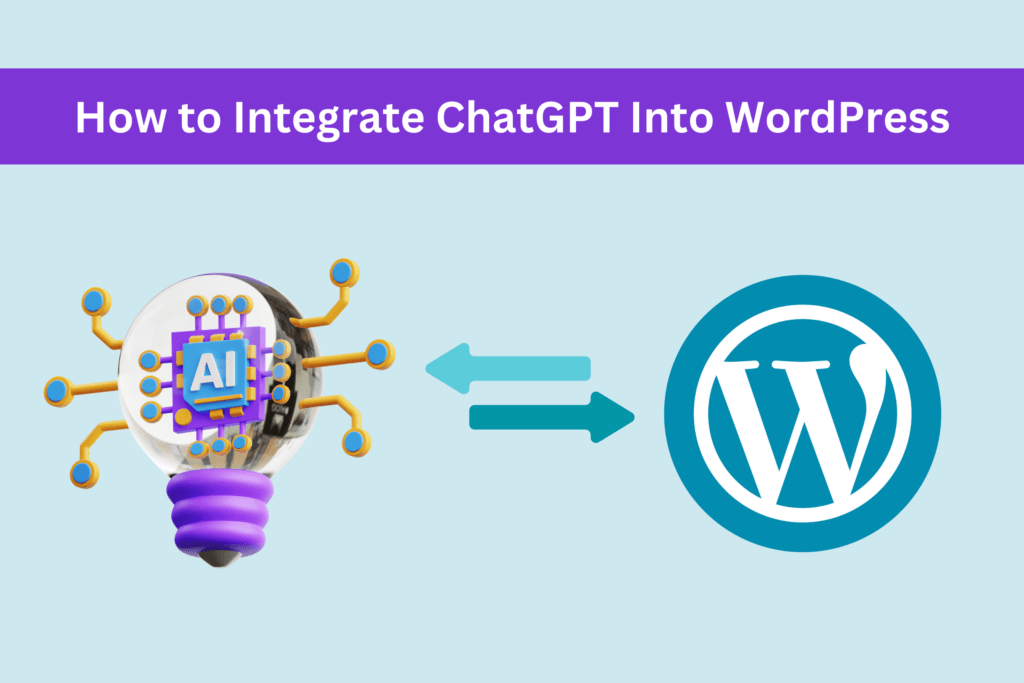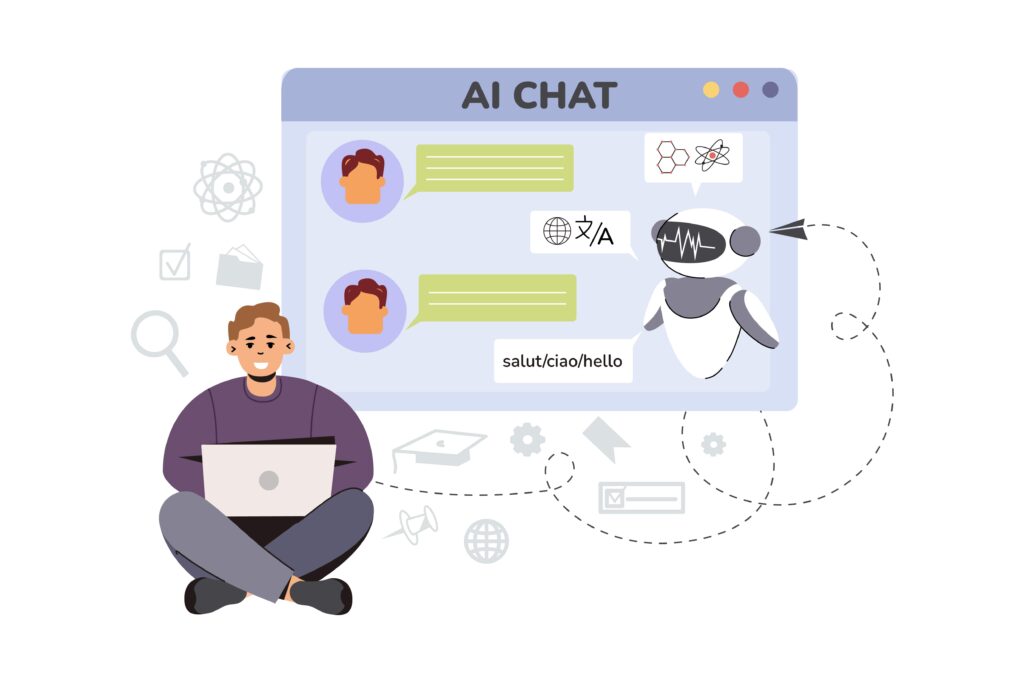Artificial Intelligence (AI) is no longer a futuristic concept—it’s a practical tool that small businesses can harness to improve efficiency, enhance customer experiences, and drive sustainable growth. While AI was once reserved for large corporations with deep pockets, advancements in technology have made it accessible to businesses of all sizes, whether it is a business consultant, a web design agency, or a digital signature certificate service agency.
Artificial Intelligence (AI) is no longer just a tool for big corporations—it has become a game-changer for small businesses, too. This guide explores how AI can streamline operations, enhance customer experiences, and drive growth, even with limited resources.
From automating routine tasks to gaining valuable insights through data analysis, AI empowers entrepreneurs to make smarter decisions and stay competitive. We’ll break down practical applications of Unlocking Artificial Intelligence for Small Businesses: A Smart Owner’s Guide, including customer service chatbots, personalized marketing, inventory management, and more.
This blog will provide actionable insights on selecting the right AI tools, overcoming challenges, and integrating AI without the need for deep technical expertise. Whether you’re a startup or an established small business, embracing AI can be your key to efficiency, innovation, and sustainable success.
- Understanding Artificial Intelligence for Small Businesses
- Real-World Applications of AI in Small Businesses
- 1. Automating Routine Tasks to Boost Productivity
- 2. Enhancing Customer Engagement Through AI
- 3. Data-Driven Decision Making
- 4. AI-Powered Financial Management and Accounting
- 5. AI for Small Business Marketing Strategies
- Overcoming AI Adoption Challenges for Small Businesses
- How to Get Started with AI for Your Small Business
- The Future of Artificial Intelligence for Small Businesses
- Final Thoughts: Why Small Businesses Should Embrace AI Today
Understanding Artificial Intelligence for Small Businesses
What Is AI?
Artificial Intelligence refers to computer systems that can perform tasks requiring human-like intelligence, such as learning from data, recognizing patterns, automating decisions, and improving over time. It encompasses machine learning, natural language processing, computer vision, and automation tools.
Why AI Matters for Small Businesses
AI can level the playing field for small business owners by enabling them to streamline processes, improve efficiency, and make informed decisions. Here’s how AI benefits small businesses:
- Cost Savings: AI-driven automation reduces the need for manual labor, cutting expenses.
- Improved Customer Experience: AI chatbots and personalized recommendations enhance customer interactions.
- Data-Driven Decision-Making: AI analyzes patterns in business data to provide actionable insights.
- Competitive Advantage: Small businesses can compete with larger firms by leveraging AI-powered strategies.
Real-World Applications of AI in Small Businesses
1. Automating Routine Tasks to Boost Productivity

One of AI’s strongest capabilities is its ability to automate repetitive tasks, allowing business owners to focus on growth and innovation.
- Chatbots for Customer Service: AI chatbots can handle common customer inquiries, book appointments, and provide support 24/7.
- Automated Email Marketing: AI-powered email platforms personalize outreach and optimize engagement.
- Inventory Management: AI predicts stock demands and automates ordering to avoid shortages or overstocking.
- Smart Scheduling: AI-driven appointment booking systems reduce manual workload and streamline operations.
List of Some AI Tools to Automate Routine Tasks
Here are some AI tools that can help automate routine tasks for small businesses:
- Zapier – Connects apps and automates workflows without coding.
- ChatGPT – AI-powered chatbot for customer support and content generation.
- Grammarly – AI-driven writing assistant for grammar and style corrections.
- Hootsuite – Automates social media scheduling and engagement.
- HubSpot CRM – AI-powered customer relationship management and automation.
- Numerous.ai – AI tool for automating spreadsheet tasks and data analysis.
- Slack AI Automation – AI-powered workflow automation for team collaboration.
- Monday.com AI – AI-driven project management and workflow automation.
2. Enhancing Customer Engagement Through AI
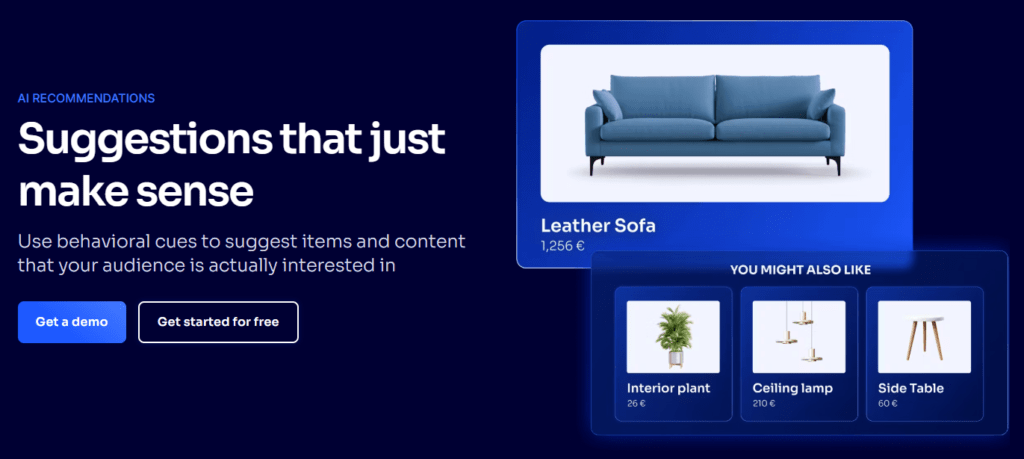
AI helps small businesses improve customer experiences and build stronger relationships.
- Personalized Recommendations: AI analyzes customer behavior to suggest relevant products and services.
- Voice Search Optimization: AI tools improve visibility on voice search platforms, attracting mobile users.
- Sentiment Analysis: AI monitors customer feedback to understand brand perception and improve interactions.
- AI-Powered Social Media Engagement: Automated tools enhance content delivery and audience interaction.
List of Some AI Tools to Enhance Customer Engagement
Here are some AI tools that can help enhance customer engagement:
- HubSpot CRM – AI-powered customer relationship management for personalized interactions.
- Gong.io – AI-driven conversation analytics to improve sales and customer engagement.
- Algolia Recommend – AI-powered recommendation engine for personalized product suggestions.
- Drift – AI chatbot for real-time customer conversations and lead generation.
- Crescendo.ai – AI-powered customer insights and sentiment analysis.
- Intercom – AI-driven messaging platform for customer support and engagement.
- Salesforce Einstein – AI-powered CRM with predictive analytics for customer interactions.
3. Data-Driven Decision Making
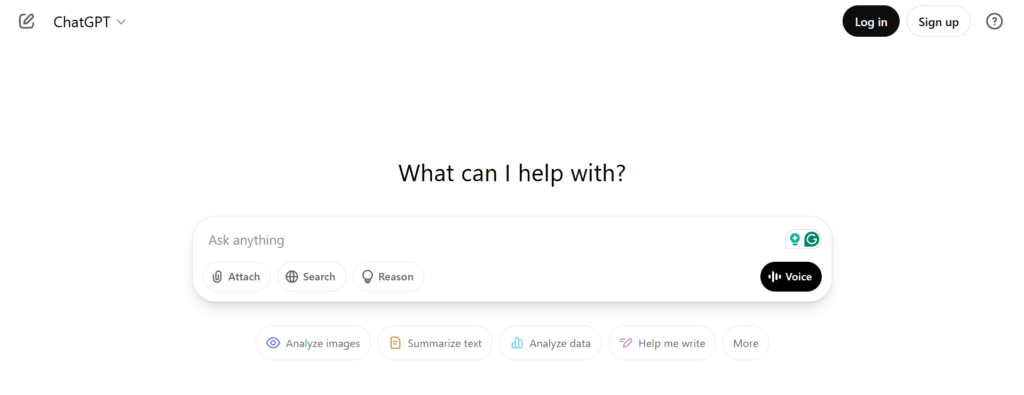
AI enables businesses to harness data for strategic decisions.
- Sales Forecasting: AI predicts demand patterns and recommends pricing strategies.
- Market Research: AI tools analyze competitors and industry trends to inform business strategies.
- Customer Insights: AI evaluates purchasing behaviors to develop better marketing approaches.
Some AI Tools for Data-Driven Decision Making
Here are some AI tools that can help businesses make data-driven decisions:
- ChatGPT (by OpenAI) – AI-powered conversational insights for business strategy.
- IBM Watson Studio – AI-powered analytics and machine learning for business insights.
- Google Cloud AutoML – An AI tool for building custom machine learning models without coding.
- Microsoft Power BI (with AI Insights) – AI-driven business intelligence and data visualization.
- Tableau – AI-powered data analytics and visualization for informed decision-making.
- H2O.ai – Open-source AI platform for predictive analytics and machine learning.
- Qlik Sense – AI-driven data analysis and visualization for business intelligence.
- Sisense – AI-powered analytics platform for actionable business insights.
- RapidMiner – AI tool for data science and predictive analytics.
- TIBCO Spotfire – AI-powered analytics for real-time business intelligence.
4. AI-Powered Financial Management and Accounting
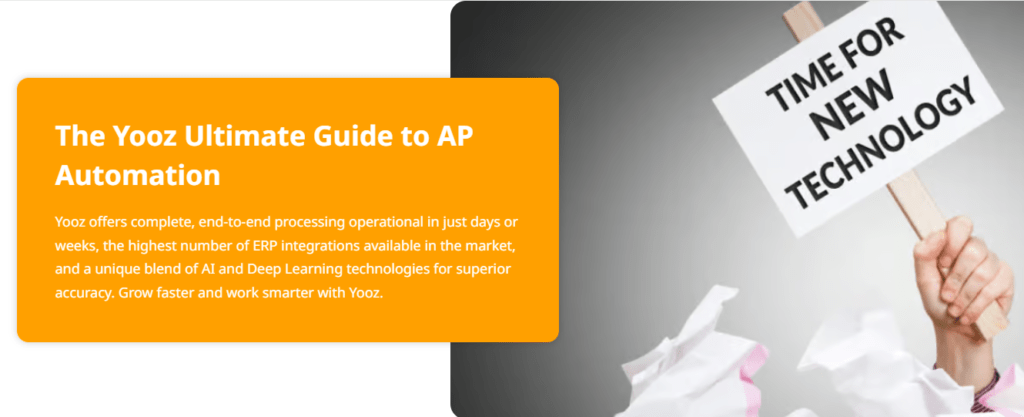
AI simplifies accounting and financial decision-making for small businesses.
- Automated Bookkeeping: AI categorizes transactions, reconciles accounts, and generates reports.
- Fraud Detection and Security: AI monitors transactions to prevent fraudulent activity.
- Smart Invoicing and Payment Processing: AI ensures timely invoicing and payment collection.
Some AI Tools for Financial Management and Accounting
Here are some AI tools that can help with financial management and accounting:
- TillyPay – Simplifies payments and boosts business growth with AI-powered automation.
- Yooz – AI-driven accounts payable and invoice payment automation.
- Abe.ai – Conversational AI for banking and financial services.
- Vic.ai – Intelligent accounting automation for financial operations.
- BILL – AI-powered financial operations and payment processing.
- Zeni – AI-driven bookkeeping and financial management.
- Xero – AI-enhanced accounting software for payroll, invoicing, and financial reporting.
- Botkeeper – AI-powered bookkeeping that automates data entry and reconciliations.
- QuickBooks Online Advanced – AI-based accounting tool for invoicing, payroll, and expense tracking.
- HighRadius – AI-driven financial automation for accounts receivable and treasury management.
5. AI for Small Business Marketing Strategies
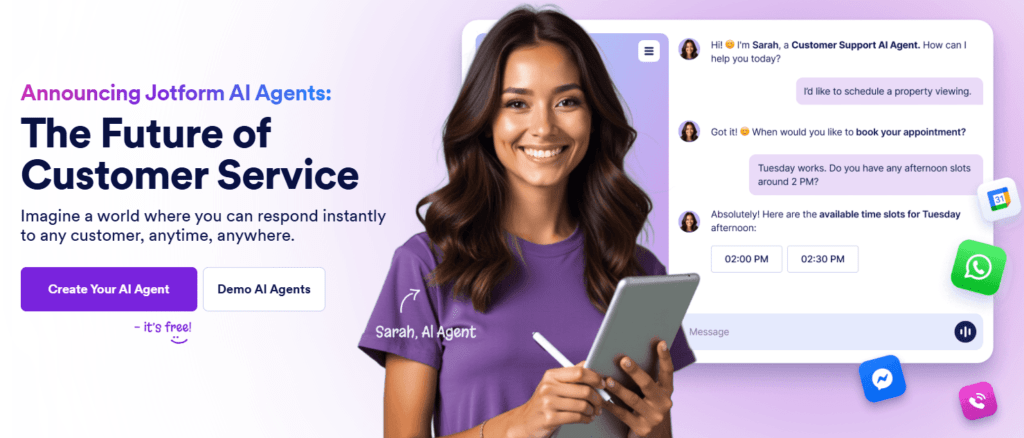
AI-driven marketing solutions allow businesses to reach the right audience efficiently.
- AI-Powered Ad Targeting: Businesses can optimize ad spend with AI-driven insights into customer preferences.
- Content Generation Tools: AI creates engaging blog posts, social media captions, and marketing copy.
- SEO Optimization: AI enhances website visibility by suggesting keywords and content strategies.
Some AI Tools for Business Marketing Strategies
Here are some AI tools that can help enhance business marketing strategies:
- Sprout Social – AI-powered social media management and engagement optimization.
- Jotform AI Agents – AI-driven interactive forms for customer engagement and data collection.
- HubSpot Marketing Hub – AI-powered marketing automation and customer relationship management.
- Persado – AI-driven content generation for personalized marketing campaigns.
- MarketMuse – AI-powered content strategy and optimization for SEO.
- Adzooma – AI-driven ad management and optimization for digital marketing.
- Phrasee – AI-powered email marketing and subject line optimization.
- ChatGPT for Marketing – AI chatbot for automated customer interactions and engagement.
- Crimson Hexagon – AI-driven social media analytics and audience insights.
- Albert AI – AI-powered autonomous digital marketing platform.
Overcoming AI Adoption Challenges for Small Businesses
1. Budget Constraints
While AI provides cost-saving benefits, initial investment can be a concern for small businesses.
Solution: Choose affordable AI tools with scalable pricing models that grow with your business.
2. Lack of Technical Expertise
Many small business owners fear they lack the technical knowledge needed to implement AI.
Solution: Opt for user-friendly AI platforms with plug-and-play solutions and simple integrations.
3. Data Privacy and Security Concerns
Using AI requires handling customer data responsibly.
Solution: Ensure AI vendors comply with data protection regulations and invest in cybersecurity measures.
How to Get Started with AI for Your Small Business
- Identify Business Needs: Pinpoint areas where AI can have the most impact (e.g., customer service, marketing, sales).
- Research AI Tools: Explore AI-powered platforms that match your industry and business size.
- Start Small: Begin with simple AI solutions before expanding to more advanced capabilities.
- Monitor and Optimize: Regularly analyze AI’s performance and adjust strategies for better results.
The Future of Artificial Intelligence for Small Businesses
As AI continues to evolve, small businesses will have even greater opportunities to enhance productivity and innovation. Emerging AI trends—such as generative AI, hyper-personalization, and AI-driven business analytics—will redefine how entrepreneurs operate in competitive markets.
Integrating AI into your business is no longer optional—it’s a strategic necessity for staying ahead in today’s digital landscape. By embracing AI-driven solutions, small businesses can unlock efficiency, scalability, and long-term success.
Emerging AI Trends for Entrepreneurs
As AI continues to evolve, small businesses will have even greater opportunities to enhance productivity and innovation.
- Generative AI for Content Creation
- Hyper-Personalization in Marketing
- AI-Driven Predictive Analytics for Business Strategy
Final Thoughts: Why Small Businesses Should Embrace AI Today
Integrating AI into your business is no longer optional—it’s a strategic necessity for staying ahead in today’s digital landscape. By embracing AI-driven solutions, small businesses can unlock efficiency, scalability, and long-term success.
Artificial Intelligence is no longer a luxury reserved for large corporations—it has become a powerful tool for small businesses to optimize operations, enhance customer experiences, and drive growth. By leveraging AI for automation, data-driven decision-making, and personalized marketing, entrepreneurs can stay competitive in an increasingly digital marketplace.
While adopting AI may seem challenging at first, the availability of user-friendly and cost-effective solutions makes integration easier than ever. The key is to start small, experiment with AI-powered tools, and gradually expand usage as your business grows.
As AI continues to evolve, its potential for small businesses will only increase, offering smarter insights, greater efficiency, and stronger customer relationships. By embracing AI today, small business owners can future-proof their ventures, scale sustainably, and unlock new opportunities for success in the digital age.
Read More:
Best 360 Panorama Viewer Plugins for Your WordPress Website

